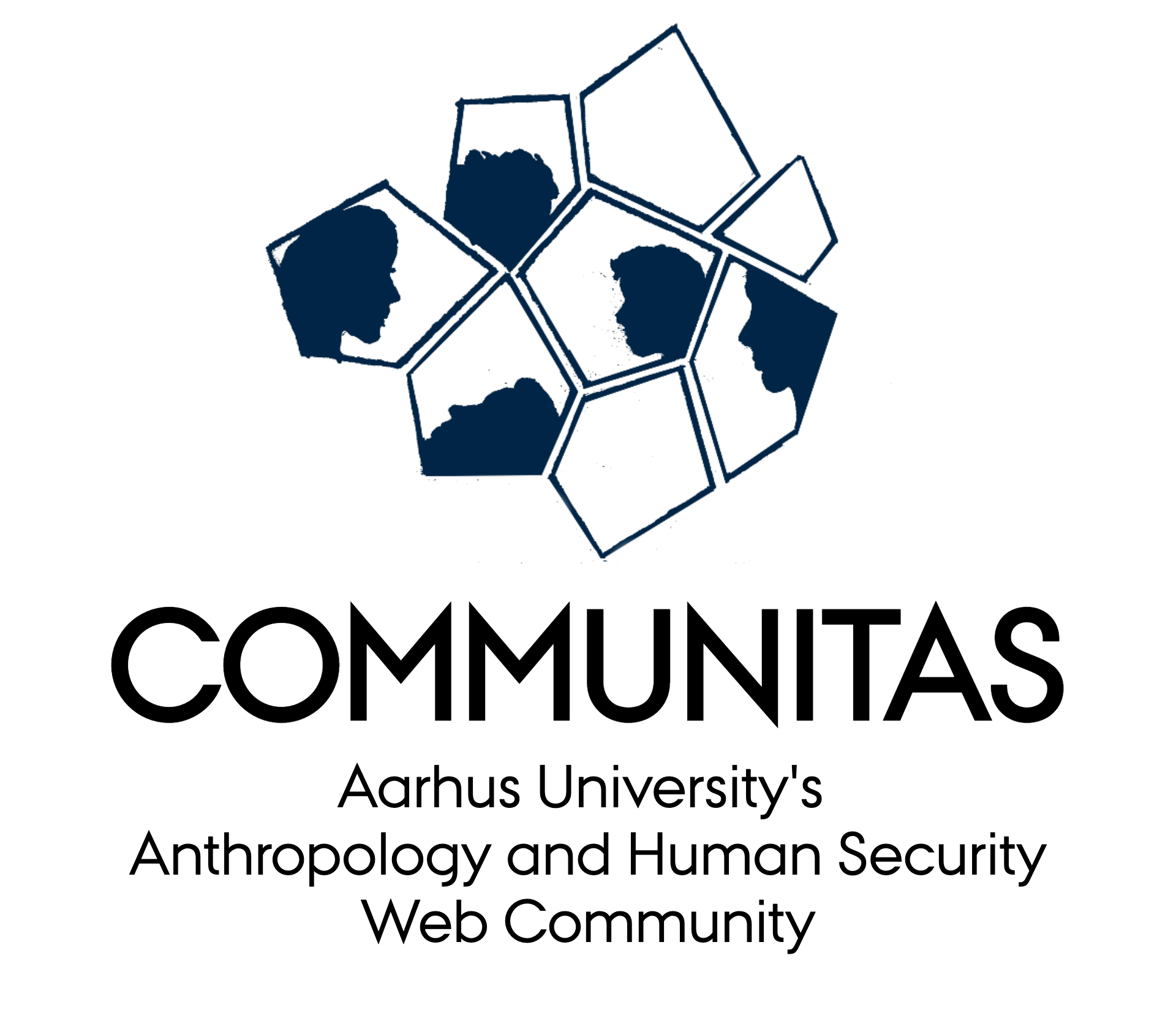Julie Dalsgaard Jespersen, Master’s Thesis, Anthropology, Aarhus University, 2016.
Abstract
Why do people experience that drinking a psychedelic brew teaches them about themselves? If the visions that people see are “hallucinations”, then how can it teach them anything about reality? This was the initial wonderment that inspired this thesis entitled The Reality of Illusion and the Illusion of Reality ‒ An Anthropological Study of Entheogenic Ceremonies in a Dutch Spiritual Group. The thesis explores the understandings of consciousness, soul and reality among members of the spiritu-al group called ‘Ontmoeting met jezelf’ (i.e. OMJ, Dutch for ‘Meeting with yourself’).
OMJ is a less dogmatic branch of the Brazilian Santo Daime Church. The group con-ducts ceremonies consuming the sacrament Daime ‒ a plant medicine with entheogenic properties. The psychedelic brew creates altered states of consciousness including hallucinations that some experience as divine visions. The thesis is based upon three-and-a-half months of fieldwork among OMJ participants in the Netherlands including participant observation at 11 ceremonies, 21 interviews and two focus group interviews. The thesis seeks to answer the questions:
With a specific focus on their concepts of ‘consciousness’ and ‘soul’, what is the spiritual group ‘Ontmoeting met jezelf’s’ cosmological understanding of reality and how does this understanding guide their ‘lifeworld’?
How can an analysis of their cosmology contribute to an expanded anthro-pological understanding of the human condition, including the use of Daime in a ceremonial con-text, and as part of an anthropological methodology?
The introduction gives an overview of the empirical field and theoretical context of the so-called ‘ontological turn’, while challenging the anthropological tradition of ‘methodological atheism’. Chapter One details the course of a ceremony, introduces the topic of altered states of consciousness, and explores the identities and experiences of the Daimistas – people who drink the Daime. It also investigates the empirical phenomenon of ‘synchronicity’ and argues for a transition to a ‘post-materialist’ paradigm when studying spiritual phenomena. The second chapter investi-gates OMJ’s ‘cosmology’ evolving within the group based on their Daime experiences. The historical influences of Catholicism, shamanism and other esoteric traditions are also considered, which leads to the concepts of ‘perspectivism’ and ‘multinaturalism’ (Viveiros de Castro) to create a theo-retical framework for understanding the ‘cosmology’ in focus. The concept of ‘liminality’ (V. Turner) is shown to be applicable to the ceremonies, as a state the Daimistas learn to master, rather than a naturally given part of a ritual. The third chapter investigates how the ‘lifeworld’ of the Daimistas are influenced by ‘moral practice’ in their daily lives beyond the ceremonies. The fourth chapter explores data gathering and discusses methodologies for a better understanding of mystical phenomena, experienced as ‘acausal’ and non-logical by participants. It is the author’s belief that anthropology is hampered by ‘methodological atheism’ and should aspire to a ‘decolonization of thought’ (Viveiros de Castro); and when the empirical reality allows, take a ‘leap of faith’ (Kierke-gaard) in order to create the ‘wonderment’ (Scott) that destabilises Western scientific “truths” that only encompass a limited version of the broad variety of the experiences of what reality is.
Finally, OMJ is shown to be a spiritual group with a non-dogmatic cosmology with ‘perspectivist’ traits. Based on ‘holistic experiences’ in the ceremonies, in which the Daimistas ex-perience that everything is interconnected, the subject is understood as ultimately decentralised. Thus the ceremonies in their essence are concerned with the purification of the attendees for the goal of reaching a state of being that is closer to the divine.
It might be an ultimately impossible task to perfectly translate spiritual experiences of a mystical character into a rationalistic theoretical framework. Nonetheless, it is concluded that an-thropology should attempt this, since the aim of understanding ‘the other’ is a prime goal of our discipline. Thus anthropology can contribute to science at large by creating scholarly wonderment and destabilizing scientific truths.
Keywords: Santo Daime, the Netherlands, entheogens, altered states of consciousness, soul, synchronicity, ontological turn, post-materialism, shamanism
